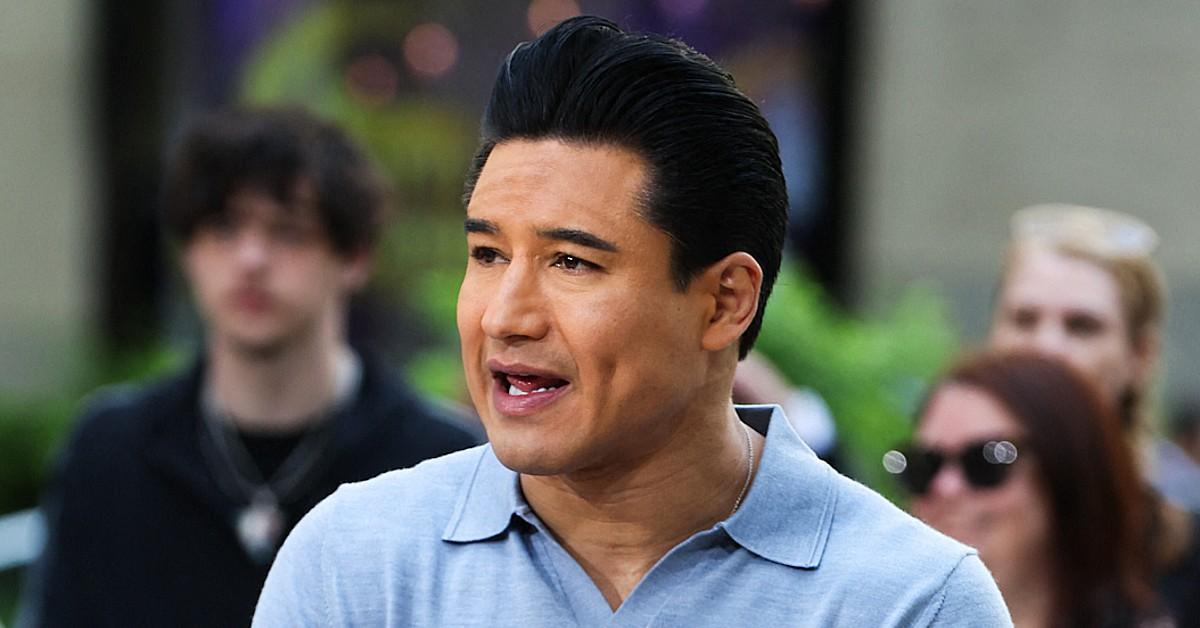Mario Lopez's legal team has argued the alleged disparaging comments he made at the so-called 'Flu Shot Cheerleader' are protected as free speech.
Why it matters
- The outcome of this case could set a precedent for how public figures can express opinions without fear of legal repercussions.
- This situation highlights the tension between free speech rights and defamation claims in the context of social media and public discourse.
- The case exemplifies the challenges faced by individuals in protecting their reputations while navigating the complexities of free expression.
In a notable legal dispute, television personality Mario Lopez's attorneys are mounting a defense against a defamation claim that has arisen from comments he allegedly made regarding a self-identified 'Flu Shot Cheerleader.' The comments, which have sparked controversy, are being framed by Lopez's legal team as a matter of free speech, raising pivotal questions about the limits of expression in the public arena.
The case stems from remarks Lopez made in a public forum, where he discussed the activities of the Flu Shot Cheerleader, a figure who has gained attention for her advocacy of flu vaccinations. The statements in question have led to accusations of disparagement, prompting the individual to seek legal recourse against Lopez. However, his legal representatives argue that the comments are protected under the First Amendment, asserting that they constitute personal opinions rather than defamatory statements.
Lopez’s lawyers have filed motions to dismiss the case, citing precedents that uphold the right to express opinions on public health matters without fear of litigation. They emphasize that the remarks were made in a context that invites public debate on important health issues, thus reinforcing the argument that such speech should not be stifled. The legal team is poised to argue that Lopez's comments are not only a reflection of his personal viewpoint but also contribute to the broader discourse surrounding vaccination and public health advocacy.
The public's reaction to Lopez's statements has been mixed, with some supporting his right to speak freely, while others believe that he should be held accountable for what they perceive as disparaging remarks. This division highlights the ongoing cultural conversation about how public figures influence opinions on health matters, especially in an age where misinformation can spread rapidly through social media channels.
The implications of this case extend beyond the personal dispute between Lopez and the Flu Shot Cheerleader. If the court sides with Lopez, it could embolden other public figures to speak out on contentious issues without the looming threat of defamation lawsuits. Conversely, a ruling against Lopez might deter individuals from engaging in open discourse about public health, fearing legal repercussions for their statements.
Lopez’s situation is emblematic of a larger societal issue regarding free speech and its boundaries. As public figures often serve as influencers, their words can carry significant weight and impact public perception. The challenge lies in balancing the right to free speech against the need to protect individuals from harmful statements that could damage their reputations.
As the legal proceedings unfold, observers will be keenly watching for the court's interpretation of free speech in this context. Legal analysts suggest that the case could potentially reach higher courts, where broader interpretations of free speech rights will be examined. The outcome could resonate throughout the entertainment industry and beyond, affecting how public commentary is approached in the future.
In the meantime, both Lopez and the Flu Shot Cheerleader have garnered attention as this case unfolds, with their stories serving as focal points in the ongoing discussion about free speech and public health advocacy. Public interest remains high, with many curious about how this case will ultimately shape the dialogue surrounding vaccination and the responsibilities of those who speak on such critical issues.
As the legal battle continues, the stakes are significant, not only for Lopez as an individual but for the fundamental principles of free expression that underpin democratic society. The court's decision will inevitably influence how future cases involving public figures and their comments are approached, setting a potentially transformative precedent in the realm of speech rights.











